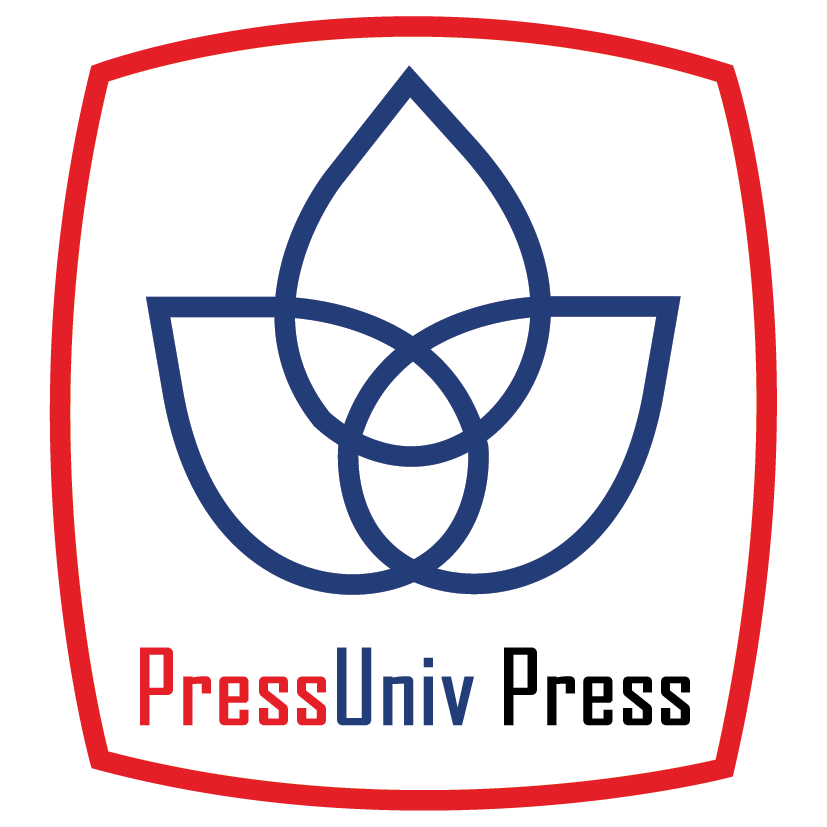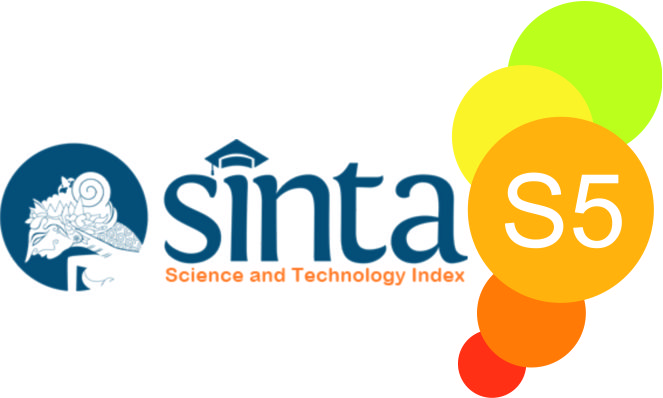The Study of Composting from Spent Coffee Grounds in Making Process Liquid Fertilizer
Abstract
Nowadays, coffee is one of needs among metropolitan people. This lifestyle impact to increasing waste along coffee production, one of them is coffee ground. Coffee ground has toxic properties to the environment such as caffeine, tannins, and polyphenols. While other chemicals contain on coffee ground are 2.28% nitrogen, 0.06% phosphorus, 0.6% potassium, which means has a good impact to the soil. In existing condition, coffee grNowadays, coffee is one of needs among metropolitan people. This lifestyle impact to increasing waste along coffee production, one of them is coffee ground. Coffee ground has toxic properties to the environment such as caffeine, tannins, and polyphenols. While other chemicals contain on coffee ground are 2.28% nitrogen, 0.06% phosphorus, 0.6% potassium, which means has a good impact to the soil. In existing condition, coffee ground is commonly used to, biodiesel and bioethanol or by direct used to the soil. The processing of coffee ground to be liquid organic fertilizer by using bio-activator are considered to substitute the direct used, it will improve the quality of soil. Objectives: The objective of this research is to study of liquid fertilizer from coffee ground, whether comply or not to the standard regulation Ministerial Decree of Agriculture of the Republic of Indonesia Number 261/2019. Method and results: This research use a coffee ground from arabica and robusta coffee and applied 2(two) different dilution by repeated 2x2 on one time by using EM4 as bio-activator. The pH and temperature for 4 experiment measured daily and has an average on 4.8 and 31-degree celcius for 10 days. Nitrogen, Phosphorus, and phosphor measured in the end of experiment has average results on 0.18, 0.17, 0.04, sequentially. Conclusion: The result for chemical parameter; Nitrogen, Phosphorus, and phosphor has not comply to the standard of liquid organic fertilizer by Indonesia Government.ound is commonly used to, biodiesel and bioethanol or by direct used to the soil. The processing of coffee ground to be liquid organic fertilizer by using bio-activator are considered to substitute the direct used, it will improve the quality of soil. Objectives: The objective of this research is to study of liquid fertilizer from coffee ground, whether comply or not to the standard regulation Ministerial Decree of Agriculture of the Republic of Indonesia Number 261/2019. Method and results: This research use a coffee ground from arabica and robusta coffee and applied 2(two) different dilution by repeated 2x2 on one time by using EM4 as bio-activator. The pH and temperature for 4 experiment measured daily and has an average on 4.8 and 31-degree celcius for 10 days. Nitrogen, Phosphorus, and phosphor measured in the end of experiment has average results on 0.18, 0.17, 0.04, sequentially. Conclusion: The result for chemical parameter; Nitrogen, Phosphorus, and phosphor has not comply to the standard of liquid organic fertilizer by Indonesia Government.
Full Text:
PDFDOI: http://dx.doi.org/10.33021/jenv.v6i2.1512
Copyright (c) 2021 Putri Annisa Febrian

This work is licensed under a Creative Commons Attribution-ShareAlike 4.0 International License.
Journal of Environmental Engineering and Waste Management Published by PresUniv Press, in collaboration with IESA and APIK Indonesia Network




